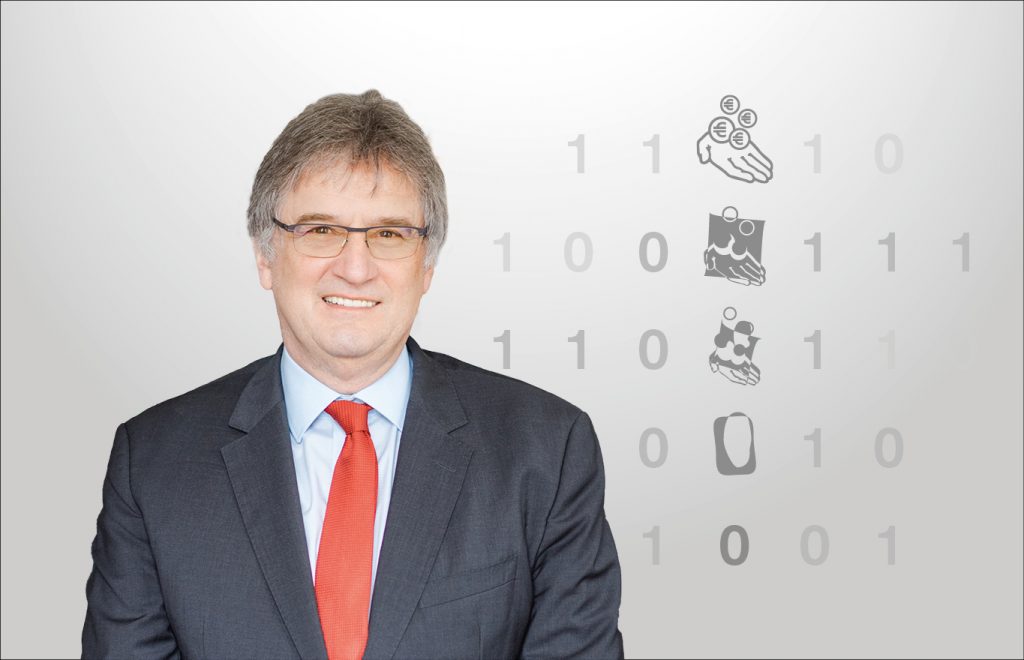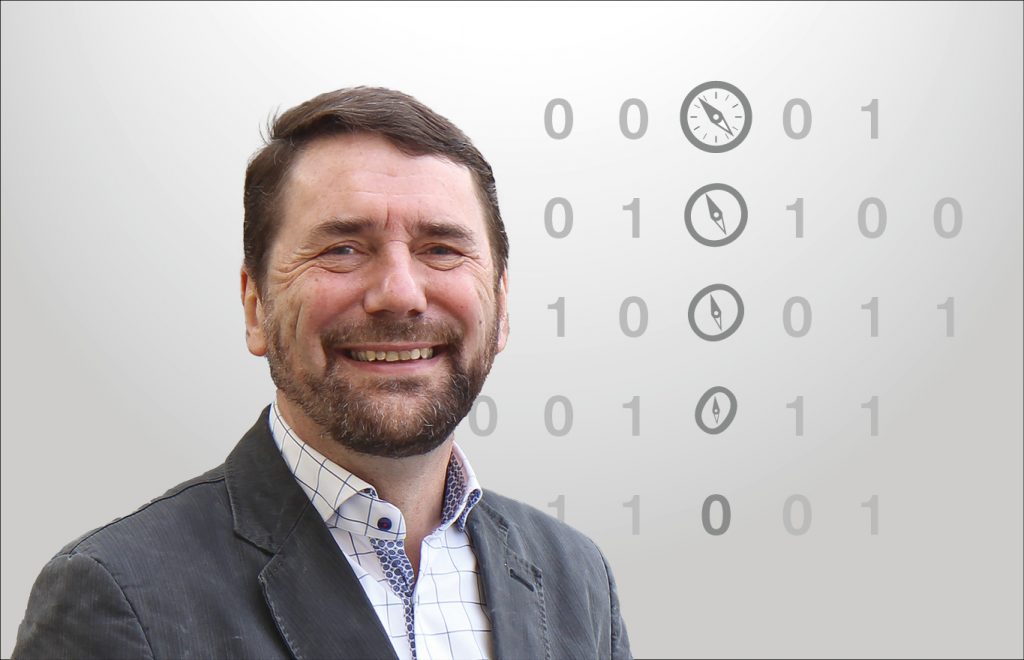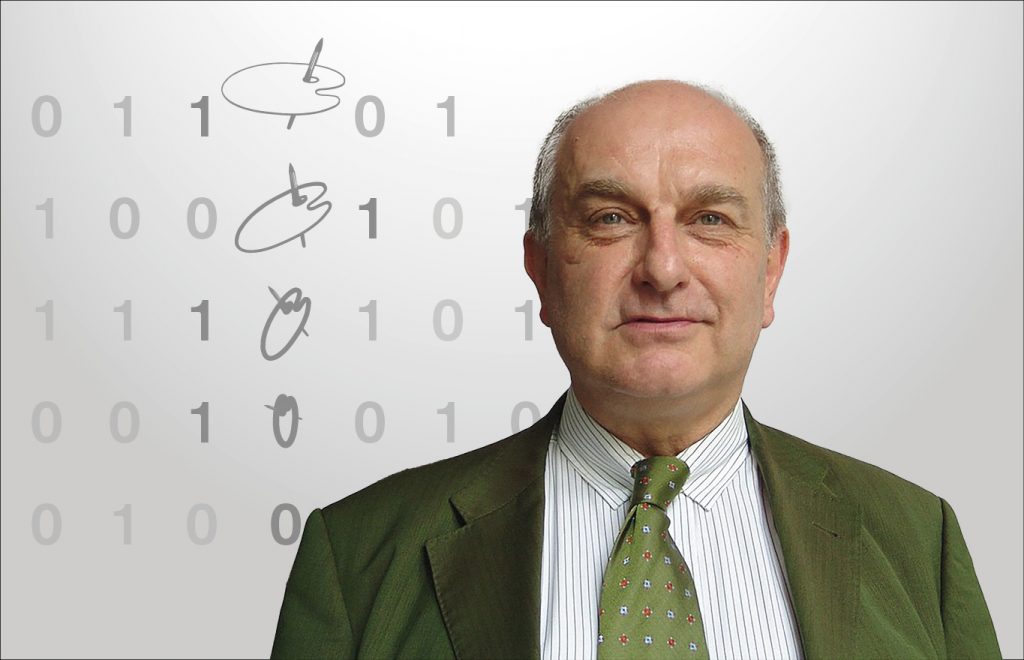
The future of work is going to be characterised by keywords, such as big data, automation, standardisation, job losses, the gap between rich and poor, the crumbling of the social market economy and many more similar terms. Is an unconditional basic income the key to innovation, an increase in GDP, and a new type of human and social coexistence? Does an unconditional basic income really finance itself because savings in administration and increased production due to automation can then cover the expenses? Who is going to pocket the bill for an unconditional income? The state or the wealthy elite ‑analogous to the “Giving Pledge”?
In a continuation of her Duet interviews, Dr Caldarola, author of Big Data and Law, talks to sociologist Prof. Dr Jürgen Schupp, co-author of the recent book “Basic Income – From the Vision to the Creeping Welfare State Transformation” 1, about the paradigm shift regarding unconditional income in the digital age.
(more…)

